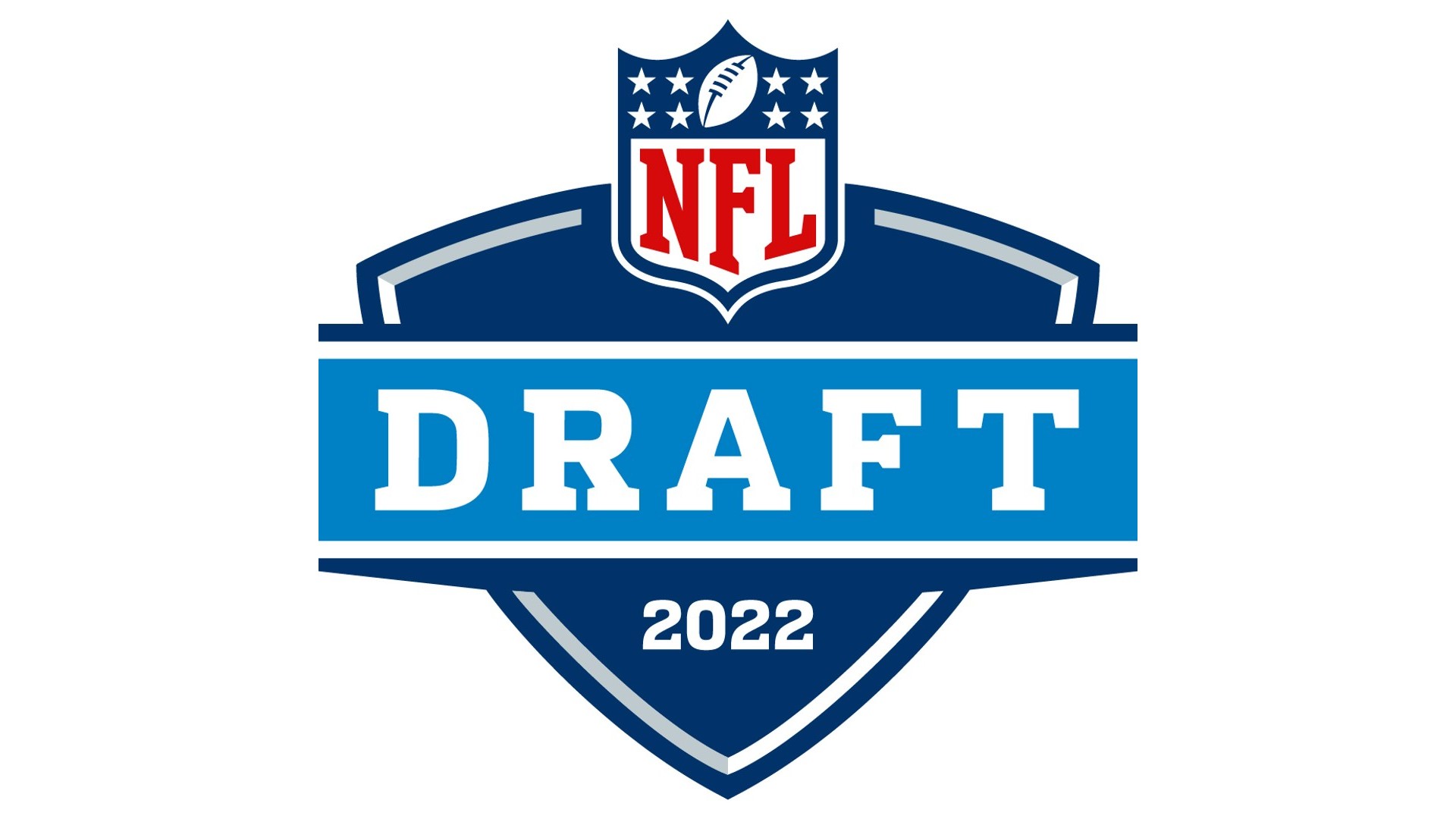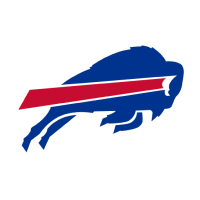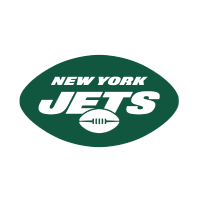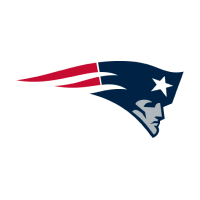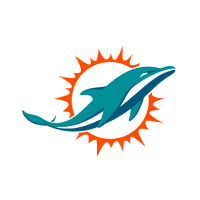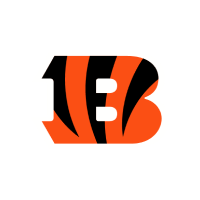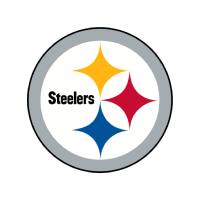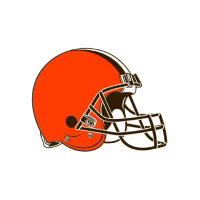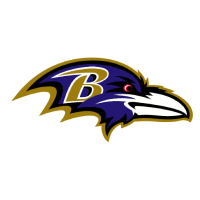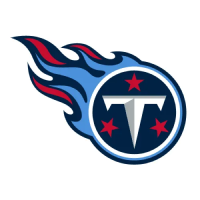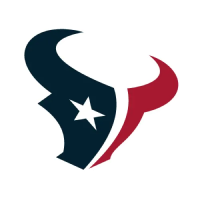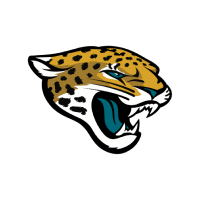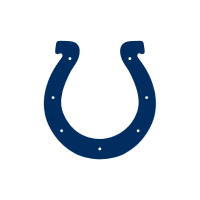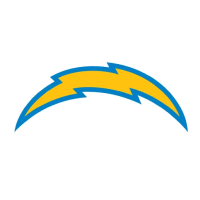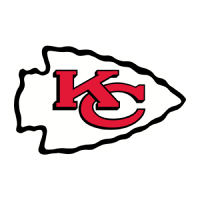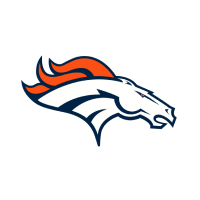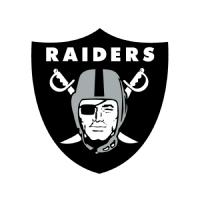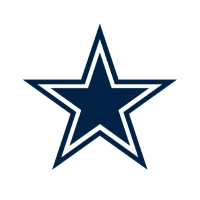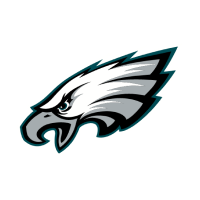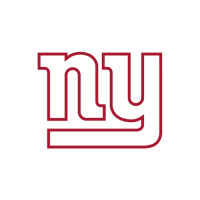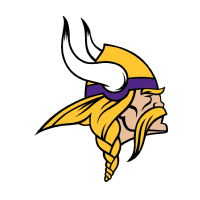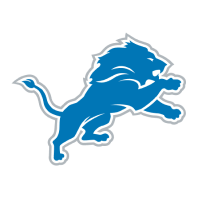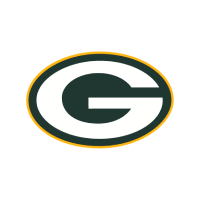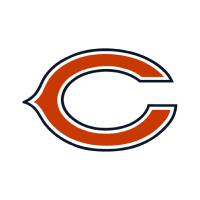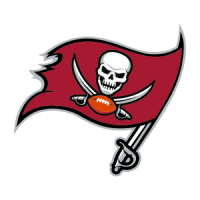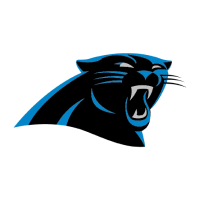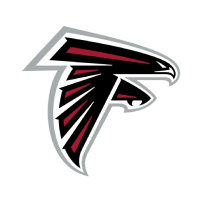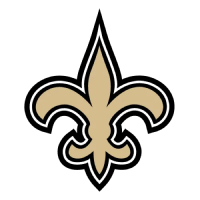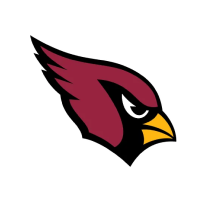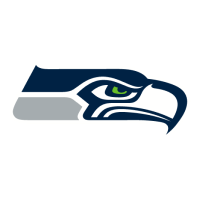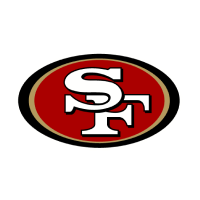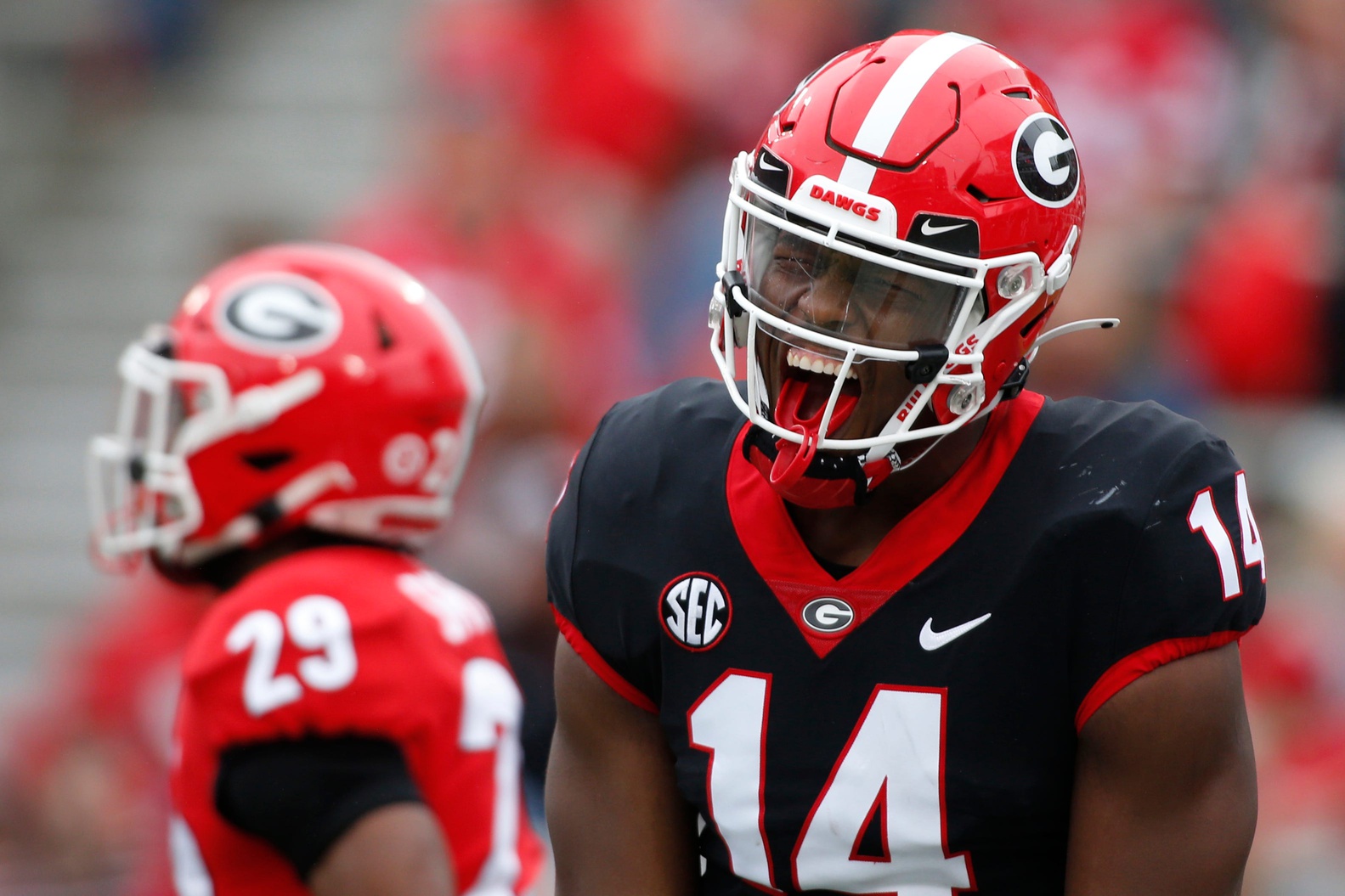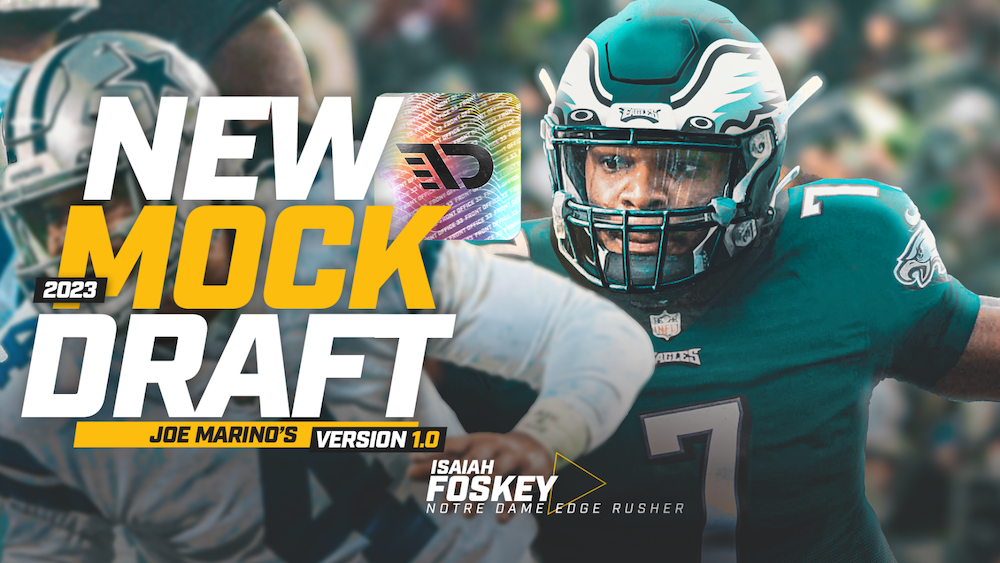There’s been only one time a player from Tulsa heard their name called during the first round of the NFL draft. In 1977, the Seattle Seahawks drafted Steve August, an offensive tackle with the 14th-overall selection.
The program has an excellent chance to end the drought this coming April. The 2021 NFL Draft is loaded with talented prospects at every defensive position, but there isn’t a defender that has the kind of athleticism and versatility that linebacker Zaven Collins does.
Collins had a big-time career for the Hurricanes. In three seasons, he recorded an astounding 236 tackles, 7.5 sacks, five interceptions, and scored two defensive touchdowns. Collins wasn’t always a popular prospect, though. He chose to attend Tulsa because it was the only Division I program to offer him a scholarship. It was the only offer and opportunity he needed, and he took it by the horns. Collins wrapped up his collegiate career in 2020 by claiming the Bronko Nagurski Trophy, which is awarded to the nation’s best defensive player. His stock continues to soar. On tape, Collins showcases the size, speed, quickness, strength, length, and versatility to impact the game in a number of ways at the next level.
I had a long conversation with Collins that allowed me to get to know him on a deeper level. We talked about growing up in Hominy, his quiet recruiting process, why Tulsa’s fortunes are about to change, and how he became the chameleon of the 2021 draft class.
JM: You grew up in Hominy, Oklahoma. I’m going to be honest with you, I’ve never heard of it. The population appears to be less than 4,000 people. It’s not exactly the biggest town. What was life like growing up in Hominy?
ZC: The reason why it’s even that big is because we have a maximum-security prison. It holds somewhere between 1,000 to 2,000 inmates. There’s probably only 2,500 people living in Hominy, not including the prison. Growing up there, you know it’s a small town. It was a blessing. We lived right around the corner from my grandparents. My family was always there. We ate at my grandmother’s house every night for dinner. We ate home-cooked meals and we attended church on Sunday; Friday’s and Saturday’s were about football, and Sunday was reserved for church. It’s an awesome town. We’re a tight-knit family. Everybody knows everybody in Hominy. I spent a lot of time on the lake with my family. It’s the kind of place where all your friends are family and your family are your friends. It’s a great place.
JM: So when I said the population is 4,000, it’s actually considerably smaller than that? That number includes the inmates at the prison?
ZC: Yeah, it’s smaller than 4,000 people. You can look up the prison. It’s called the Dick Conner Correctional Center. It’s a small town. It’s not a huge prison, but it’s still a prison. It holds quite a bit of inmates. The prison probably makes up for roughly half of our population.
JM: That’s crazy. You went to the local high school. It’s not like you tried escaping your hometown in hope of gaining more exposure.
ZC: Entering the ninth grade, my mom gave me the option to move away. I told her no mom, we’ll make it right here. It’s in the bag. We’re going to make it. I told her not to worry about it. We were fortunate enough to make it work. In regards to Hominy High School, there were roughly 50 people in my graduating class. It was around 47. That’s a large class for Hominy. I played four sports throughout my time in high school. Everyone played sports growing up in Hominy. We’ve always been pretty good at every sport. We were good enough to at least compete. It was fun. I never thought I needed to go to a bigger school to showcase my talents. I never thought it would have made a difference. Hominy is awesome.
JM: Not only did you play four different sports, but you played several positions on the field. Most notably, you were a quarterback. You also played some linebacker and safety. How did playing multiple sports and positions help make you a better football player?
ZC: I did a little bit of everything. I played quarterback. I played baseball which helped me throw the ball. I played basketball which helped me play defense and get comfortable with guarding people in a man-to-man scenario. All of those sports put together just help you develop as an athlete. It takes a lot to compete in every sport. There was no time off. We played basketball in the middle of summer. That would roll into summer football workouts and then the season would start. The day football season starts, you may get a day off here and there and that’s occupied by basketball. Once basketball was over, we’d get a day off and then baseball would start up. If it wasn’t baseball, we were running track.
It was continuous. You’d get a spring football season as well. It was never-ending, and this went on for four years. There was no stopping. You were constantly adjusting. We played football from July or August to December and even January sometimes. The rest of the time was occupied by offseason workouts that were going on every single day. It would go on until spring ball started up again. Playing all four sports was an awesome experience.
JM: You graduate from Hominy and Tulsa was the only D-I program to offer you a scholarship. You accepted that offer. What was going through your mind at that point?
ZC: My mom always wanted two things: She wanted me to become the valedictorian in high school, which I achieved. Secondly, she wanted me to get a scholarship. We understood that if I didn’t get a scholarship, the financial burden would weigh heavily on our shoulders. She pushed me in every aspect of life. She wanted me to make it in sports, but she wanted me to make it academically as well. She bet on me. She was dead set on it.
She’s the biggest contributor to my academic and football success. She always pushed me academically. She wanted me to be the best that I can be. She knew that I wanted to go into medicine. She told me to always follow my dreams and to stay with it no matter how hard or complicated it got. She always believed in me. She definitely wants me to go back to school and finish my degree someday. When people talk about Tulsa being my only D-I offer, I don’t see that as a negative. Coming from Hominy, it was a huge blessing. My mom and I thanked our lucky stars for that. Getting a scholarship to Tulsa was awesome. Everything happened for me the way it should. There’s nothing I want to change. For the most part, I’m good.
JM: That’s terrific. Reading your biography on Tulsa’s webpage, I love this and I just had to ask you about it. You chose “optimistic” as the one word to best describe you. It’s so perfect because I feel like it captures your career arc up to this point.
ZC: I pride myself off being an optimistic person. The world is going through one of the darkest times in human history right now, certainly for my generation and probably your generation as well. From a materialistic standpoint, a lot of things just aren’t feasible right now. COVID-19 is one thing that’s going on. As far as what's happening from a race standpoint, there’s a lot going on in America. One of my outlooks on life is to always remain optimistic. A lot of people are down on their luck. I try to be optimistic about everything. It’s one of my goals.
I always try to be happy and cheer people up. I treat everybody with respect and dignity. No matter what the situation is, I attack every day with the idea that I’m going to make the best of this. That’s how I grew up. I was raised by a single mom. It’s not ideal, but she didn’t make it terrible. My father wasn’t in my life. She found a way to make it seem like we lived in a perfect world. I didn’t realize anything was wrong. I didn’t even realize it until much later on in life. Everything that we thought we had was perfect because she made it seem that way. It was awesome. She’s an incredible woman.
JM: She sounds like a true inspiration. It’s clear to see that you’ve adopted many of her personality traits. Do you realize that it’s been more than 40 years since Tulsa had a first-round pick?
ZC: I know that it’s been a while. I try not to focus on that. I had a couple of goals coming into Tulsa. I wanted to do my best and of course, I wanted to make the NFL. Being a first-round pick would definitely be big for Tulsa and everyone at the university. I wanted to be an Associated Press All-American which I ended up doing. I was just our second or third player to be named an AP All-American. That was a big achievement for me.
JM: It was one of many achievements. You wrapped up your Tulsa career by capturing the Bronko Nagurski Trophy, which is awarded to the National Defensive Player of the Year.
ZC: I know that I made the university proud. That’s the most important thing. They gave me a scholarship and I tried to repay them to the best of my ability, both on and off the field. You hear a lot of guys call Tulsa a small school. If I achieved anything by winning that award, I hope it made everyone at Tulsa believe that anything is possible. We’re not supposed to get recognition, right? But for me to get recognition, it was a big deal for the university. It gave every player at Tulsa a bit of extra drive. I hope it brought a sense of belief to everyone at Tulsa.
JM: You grew a tremendous amount as a player in 2020. The tape showcases that. What changed for you?
ZC: It was more mental than anything. Not a lot changed for me physically. Maybe my body composition changed a bit, maybe I lost a little body fat but I didn’t go through some crazy physical transformation. The biggest change for me happened with how I approached the game mentally. I went in knowing how to make every single call. I knew every offensive scheme. I knew everything. I couldn’t say that before. That’s rare. I knew the playbook like the back of my hand. Of course, everyone on the field knows the playbook, but it’s different when you know it so good that you can start changing the way you play. I knew the defense so well that I didn’t have to play like a robot. A lot of players will play within the defense under strict rules. I knew where I could bend the rules a bit. I knew how to pick my spots. I knew how to accommodate myself and how to help the defense succeed. There were certain situations that would pop up where I felt comfortable enough to tweak and change some things. There were some instances where maybe I didn’t have a man or a zone and I was just covering grass. Maybe something happened that threw off our defense and put us in an unbalanced situation.
I knew the playbook well enough to freelance in those situations. I could free roam with great success. I could decide to stay in coverage or go after the quarterback. It depended on down and distance. There’s a lot that went into that. Don’t get me wrong, it didn’t happen every series or game even. Maybe once every three games. It was very rare, but I knew what I could do, and I took advantage of it. That was the biggest contributor to the change in my game. I played with the type of situational awareness that put me in spots to have great success. The coaches used me in a way where I could take advantage of that. It just made a huge difference in my play.
The main thing for me this past year is that I wanted to dominate. I wanted teams to adjust to me. I wanted offenses to identify me pre-snap. I wanted teams to make changes to their offense because I was on the field. That’s exactly what happened. Every single game, we saw teams change their offense for the most part. It was one of my goals and I achieved it.
JM: You do everything on defense. You stop the run as a linebacker, you drop back in coverage, and you rush off the edge. You impact the game while seeing snaps at pretty much every position on the defense. You’re like a chameleon out there.
ZC: It goes back to me never being tied down to one job or sport. I’ve never allowed my life to be defined by one role. That’s how I’ve always been. I didn’t play one sport growing up. I didn’t have just one hobby. I have many hobbies. I’ve played many sports. A lot of people say that you don’t want to be a “jack of all trades, master of none” but that’s kind of what I did and it worked out really well for me (laughs). You have to find what works for you. I did so much all the time. That’s just me. I think it helped our team at Tulsa. I started slowly progressing in all of those areas that you mentioned. There came a point in time where I became a top-tier player in most of them. I have some God-given athletic ability as well.
JM: Have you gained any sort of consensus on where you may play at the next level through your conversations with NFL teams?
ZC: Teams have been asking me about where I want to play. They’re asking what I want to do. For me, I don’t wanna be confined to one thing or role. I wanna be a player that doesn’t have to come off the field. Coming off the field isn’t attractive to me. I want to run and make plays all over the field. That’s what I’m good at. Let me run. Let me get in the open and make plays in space. Let me make open-field tackles. Let me make tackles in the box. Something like an off-ball linebacker, that would be awesome. I can see myself playing the SAM or WILL at the next level. Anything like that would be great. That’s my opinion. I hope that’s where I can play at. That’s what I’ve told everyone so far.
JM: I love that. What did Tulsa run on defense?
ZC: If you watched our defense, it was pretty unconventional. If I had to draw it up to you, we had five guys in the middle of the defense. That's all across the board. You get to the secondary and we had something like three safeties. We had a free safety, nickel, and strong safety. We ran an unconventional three-down defense with a nickel. We had three down linemen, three linebackers, and five defensive backs. We played a lot of Tampa coverage. I was very fortunate. Coach Joseph Gillespie was my linebackers coach. He was also our defensive coordinator. He came up with a great defense. We really thrived in his system. We’ve been running that for a while now. I love it. It really matched our abilities. I think it’s a great defense. We ran that to the best of our ability and it worked out pretty well.
JM: Of all the things you did on the field at Tulsa, was there one duty in particular that you enjoyed maybe a little more than the rest?
ZC: I love playing on regular downs. First-and-10. No blitzing. Nothing fancy. Whether I’m in the box or outside the box, that’s what I enjoyed. I don’t enjoy one thing in particular. I can do it all. My favorite thing is to make plays in the backfield. When I say that, I don’t mean just rushing the quarterback. I love that too, but I can also get to the backfield by reading the run. I love getting back there quickly. That’s what I enjoy the most.
JM: We’ve now reached the virtual part of the draft. How’s that process going for you, and which teams have you met with so far? [Editor’s interview: This interview was completed on March 2.]
ZC: I’ve met with many teams. I’ve met with a ton of scouts. My first big meeting was with the New Orleans Saints. That was my first meeting where we went through defensive coverages and whatnot. They had me learning their defense. That’s the big one so far. That meeting occurred earlier today. The process is really starting now. Before that New Orleans meeting, I was speaking with scouts mostly. We’re getting into the fun stuff now. This is when the process really ramps up. I’ve met with many teams and I’m scheduled to meet with a bunch more. I know I’ll be meeting with the Ravens soon. I’ll be meeting with the Jets. I meet with the Packers tomorrow [on March 3]. I’ll meet with the Broncos, Patriots, Titans, Cardinals, and Seahawks.
JM: That’s terrific. There’s a lot of interest in you and it’s easy to see why. There’s been a lot of numbers being thrown around social media. A lot of prospects have been running through mock combines and things of that nature. Have you done anything like that?
ZC: I’m running the 40-yard dash in the mid 4.6’s right now. I have a 10-foot broad jump. I’m hitting 23 reps on the bench press.
JM: We’ve discussed people referring to Tulsa as a small school. I imagine that a team is going to ask you about that throughout this process. We see it every draft cycle. How do you typically address the small school question?
ZC: I dealt with that in college. It’s not like my level of play is gonna go backwards. Just like any other NFL player or prospect, I’m a young guy that’s gonna continue to get better. I’ve heard it since high school. I heard it in college. I think it’s a silly thing to do. You’re gonna confine someone’s success based on things that were outside of their control? I think that’s downright unfair. I’m not even sure what anyone would mean by that. It ticks me off a little bit. I played against great players. There are several great players in the NFL that come from the same conference as me. I think it’s just downright unfair to say something like that.
JM: That’s the best way to handle that question. I’ve really appreciated your time today Zaven. This has been great. I feel like you’ve given me an opportunity to tell your story. We’ve covered everything from the beginning up until this point. It explains why you’re such an elite prospect. In closing, when a team uses a very first-round draft pick on Zaven Collins, what kind of guy are they getting?
ZC: They’re getting a player that can do a little bit of everything. I’m your friend in the locker room. I’m a leader both on and off the field. I do things the right way. I always put my best foot forward and give it my all. I don’t know another way.
Filed In
Related Articles
NFL Draft
Arik Gilbert Doesn’t Need Big Workload To Be A Top NFL Draft Pick
- Aug 22, 2022
NFL Draft
2023 NFL Mock Draft: Marino 1.0
- Aug 22, 2022
Written By
